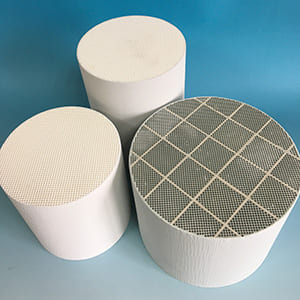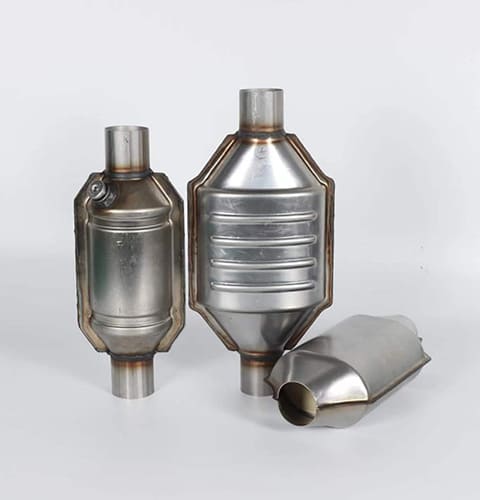In the high-stakes world of the B2B sector, ensuring the longevity and performance of your industrial equipment is of paramount importance. And when it comes to a key component like the catalytic converter, understanding the ins and outs of the warranty is crucial. That’s why we present to you the ultimate guide to comprehending catalytic converter warranties in the B2B sector.
From understanding the basics of catalytic converters to deciphering the intricacies of warranty coverage, this comprehensive guide leaves no stone unturned. We dive deep into different types of warranties, the factors that affect warranty coverage, and provide valuable insights into the most common warranty claims.
Whether you’re a business owner, a fleet manager, or an equipment purchaser, this guide is specifically crafted to empower you with knowledge and help you make informed decisions. With our step-by-step explanations and expert tips, you’ll gain a clear understanding of how catalytic converter warranties work in the B2B sector. Maximize your investment and minimize downtime by leveraging the knowledge you acquire from this indispensable guide.
What is a Catalytic Converter and Why is it Important?
Before delving into the intricacies of catalytic converter warranties, it is crucial to understand what a catalytic converter is and why it holds such significance in the B2B sector.
A catalytic converter is a device installed in the exhaust system of industrial equipment to reduce harmful emissions. It contains a catalyst that facilitates chemical reactions, converting toxic gases and pollutants into less harmful substances before they are released into the atmosphere. By facilitating this conversion process, catalytic converters play a vital role in promoting environmental sustainability and meeting regulatory compliance standards.
In the B2B sector, where industries heavily rely on industrial equipment to carry out their operations, catalytic converters ensure that harmful emissions are minimized, protecting both the environment and human health. They help companies adhere to stringent emission regulations, avoid fines and penalties, and maintain a positive public image.
The importance of catalytic converters in the B2B sector cannot be overstated. By reducing harmful emissions, these devices contribute to a cleaner and healthier environment, ensuring a sustainable future for businesses and communities alike.
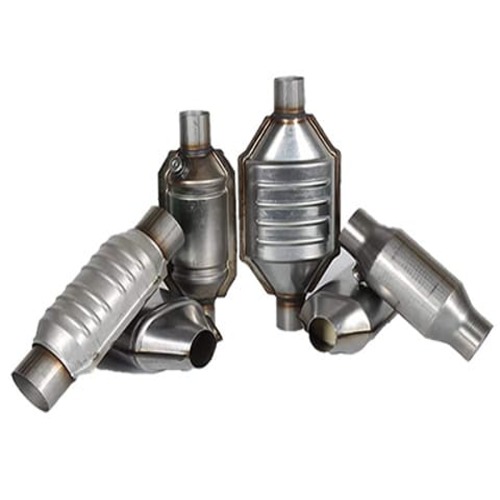
Factors to Consider When Choosing a Catalytic Converter Warranty
A catalytic converter plays a vital role in reducing harmful emissions from industrial equipment, making it a critical component in the B2B sector. When choosing a catalytic converter warranty, there are several factors to consider to ensure you make the right decision for your business.
Firstly, it is essential to look at the warranty duration. Longer warranty periods provide more extensive coverage and peace of mind, but they may come at a higher cost. Assess the lifespan and expected usage of your industrial equipment to determine the ideal warranty duration that aligns with your specific needs.
Secondly, examine the warranty coverage in detail. A comprehensive warranty should include protection against defects in materials and workmanship, as well as coverage for damage caused by normal wear and tear. Ensure the warranty covers both parts and labor expenses, as this can significantly impact the overall cost of repairs.
Lastly, consider the reputation and track record of the warranty provider. Look for a company with a proven history of honoring warranty claims promptly and efficiently. Read customer reviews and testimonials to gauge the level of customer satisfaction and the provider’s commitment to fulfilling their warranty obligations.
By carefully evaluating these factors, you can select a catalytic converter warranty that offers the best value for your investment and provides the necessary coverage to keep your industrial equipment running smoothly.
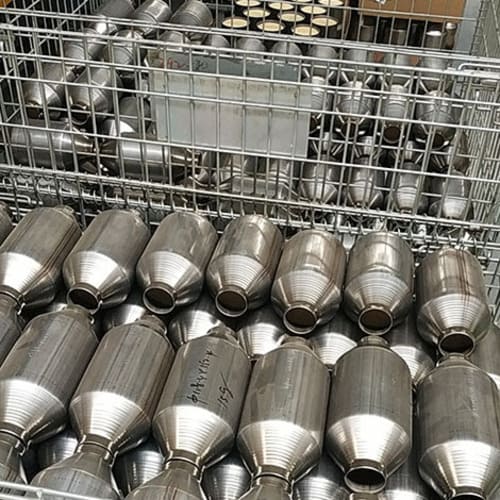
Understanding the Different Types of Catalytic Converter Warranties
Catalytic converter warranties come in various forms, each offering different levels of coverage and protection. Understanding the different types of warranties can help you make an informed decision when selecting the most suitable option for your business.
1. **Standard Warranties**: Most catalytic converters come with a standard warranty provided by the manufacturer. These warranties typically cover defects in materials and workmanship for a specified period, such as one or two years. Standard warranties are included in the purchase price of the catalytic converter and provide a baseline level of protection.
2. **Extended Warranties**: Extended warranties offer additional coverage beyond the standard warranty period. These warranties can be purchased separately and provide an extended duration of protection, often up to five years or more. Extended warranties are beneficial for businesses seeking longer coverage and added peace of mind.
3. **Performance Warranties**: Performance warranties focus on the performance and emissions capabilities of the catalytic converter. These warranties guarantee that the converter will maintain a specific level of performance and comply with relevant emission regulations. Performance warranties are particularly relevant for businesses operating in highly regulated industries where emission standards must be met consistently.
4. **Lifetime Warranties**: Some catalytic converter manufacturers offer lifetime warranties, which provide coverage for the entire lifespan of the converter. Lifetime warranties offer the highest level of protection, eliminating the need for future warranty purchases. However, it is important to carefully review the terms and conditions of lifetime warranties, as they may have limitations and exclusions.
By understanding the different types of warranties available, you can choose the one that aligns with your business needs and provides the desired level of coverage and protection.
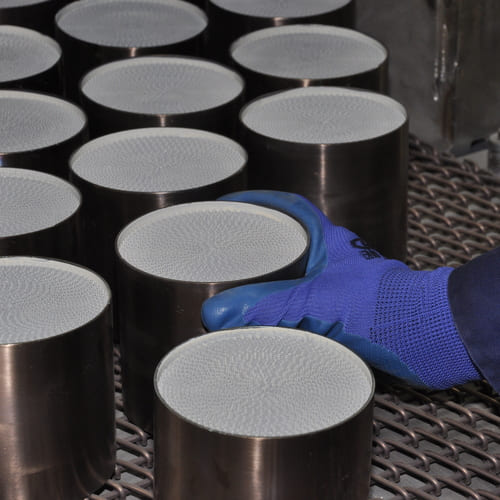
The Importance of Choosing a Reputable Supplier for Your Catalytic Converters
When it comes to catalytic converters, choosing a reputable supplier is paramount. The supplier not only provides the product but also plays a crucial role in warranty support and ensuring customer satisfaction. Here are some reasons why selecting a reputable supplier is essential.
1. **Quality and Reliability**: Reputable suppliers offer high-quality catalytic converters that are built to last. They source their materials from trusted manufacturers, ensuring the integrity and performance of their products. By choosing a reputable supplier, businesses can have confidence in the longevity and reliability of their catalytic converters.
2. **Expertise and Technical Support**: Reputable suppliers have a team of knowledgeable experts who can provide technical support and guidance when needed. They can assist with warranty claims, troubleshoot issues, and offer recommendations for optimal performance. Having access to reliable technical support can save businesses time, money, and headaches.
3. **Warranty Fulfillment**: Reputable suppliers are committed to honoring their warranty obligations. They have established processes and systems in place to handle warranty claims efficiently and effectively. By partnering with a reputable supplier, businesses can have peace of mind knowing that their warranty claims will be handled promptly and with utmost professionalism.
4. **Long-Term Relationships**: Choosing a reputable supplier establishes the foundation for a long-term business relationship. As the supplier becomes familiar with your specific needs and requirements, they can provide personalized service and support. This relationship ensures continuity, consistent quality, and ongoing customer satisfaction.
In the competitive B2B sector, where downtime and equipment failures can have significant financial implications, partnering with a reputable supplier for your catalytic converters is a strategic decision. It can safeguard your investment, optimize performance, and minimize disruptions to your operations.

